In recent years, Decentralized Autonomous Organizations (DAOs) have gained significant traction in the cryptocurrency space. Whether you’re involved in meme coins, NFTs, or DeFi, it’s highly likely that you’ve encountered a DAO in some form.
DAOs offer a new way of structuring businesses or communities by distributing control through tokens rather than traditional hierarchical models. These online communities are typically focused on achieving specific goals, often related to blockchain and crypto initiatives.
What Are Investment DAOs?
Investment DAOs are a unique subset of DAOs where members pool their funds to make collective investment decisions. They come in various forms, but the core idea remains the same: DAO members invest in projects together or source deal flows, sharing the information and opportunities with the community.
A typical investment DAO involves members buying into the organization using their capital, receiving tokens that represent their share of the total investment. These members then collaborate to source investment opportunities, which are presented to the DAO for a vote. Each token holder has a say in whether or not the DAO should make a particular investment. A notable example of an investment DAO is Hydra Ventures, which operates with a similar structure.
Types of Investment DAOs: Traditional vs Syndicates
Investment DAOs can vary significantly in their structure. In a traditional investment DAO, members collectively pool their resources and vote on investment opportunities. However, in a syndicate model, the setup is different. Members can gain access to the DAO by purchasing an NFT or a specific amount of a native token.
For instance, Vanta DAO allows users to buy a membership NFT, granting access to investment opportunities. Instead of pooling funds upfront, members can opt to contribute to deals on an individual basis. The syndicate model offers several advantages, including access to higher-quality deals and a collective vetting process, which reduces the risks associated with personal investments.
How Investment DAOs Operate
One of the key advantages of investment DAOs is their decentralized nature. They provide an alternative to traditional investment models, allowing users to participate in vetted opportunities while bypassing intermediaries.
In the case of Vanta DAO, for example, members join by purchasing a membership NFT, with proceeds going directly to the DAO’s treasury. From there, members have the option to either passively benefit from deal flow or actively contribute to the DAO by sourcing investment opportunities, conducting research, or managing operations. Contributors are compensated for their work through the DAO’s treasury, creating an incentive-driven ecosystem.
The Moloch DAO Framework: The Evolution of DAOs
Many investment DAOs operate using the Moloch DAO framework, a foundational structure created in 2019 following a hack that affected the first-ever DAO, known simply as “The DAO.” This hack led to a significant split in the Ethereum community and resulted in the creation of Ethereum Classic through a hard fork.
The Moloch DAO framework introduced a key innovation: the “rage-quit” function. This feature allows members to exit the DAO and reclaim their funds if they disagree with a proposal. The framework has since been widely adopted, with hundreds of DAOs using its structure for decentralized governance.
The Future of Investment DAOs
As DAOs continue to evolve, the syndicate model—exemplified by Vanta DAO—is emerging as one of the most effective formats. Vanta DAO is pushing the boundaries by fully decentralizing its operations and handing control over to its community of NFT holders. This move allows the DAO to scale without becoming overly reliant on its founders.
Looking ahead, investment DAOs could redefine how communities manage large investment funds. As decentralization becomes the norm, more organizations are likely to follow in the footsteps of Vanta DAO, enabling communities to self-administer multi-million-dollar funds and take control of their financial futures.
A New Era of Decentralized Investment
Investment DAOs represent a powerful shift in how investments are managed and sourced, offering a level of autonomy and democratization previously unavailable in traditional finance. With the ongoing development of DAO frameworks like Moloch DAO and the rise of syndicate models, investment DAOs are poised to become a major players in the world of decentralized finance.
As more individuals and communities recognize the potential of this model, we can expect to see continued innovation and growth in the DAO space, ultimately leading to more accessible and transparent financial systems for everyone.
